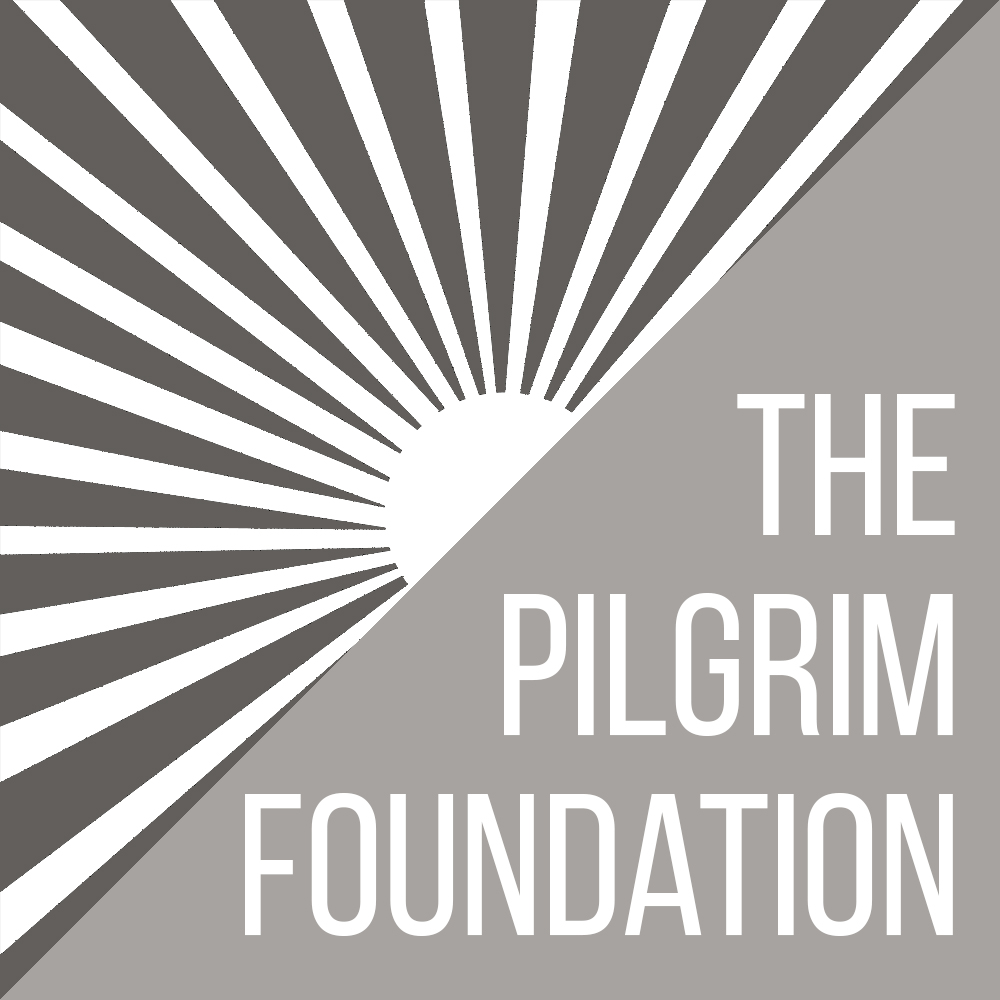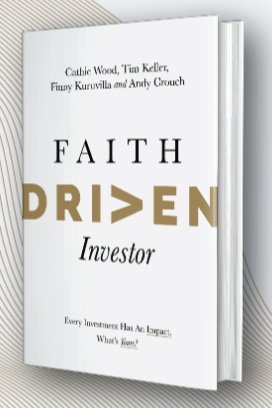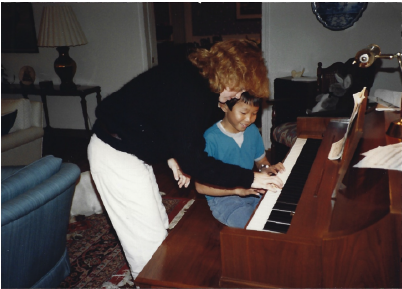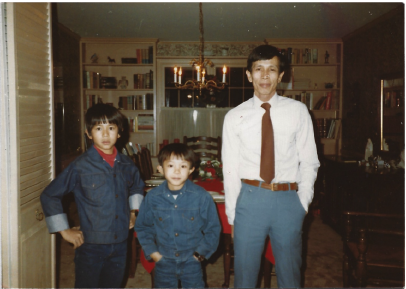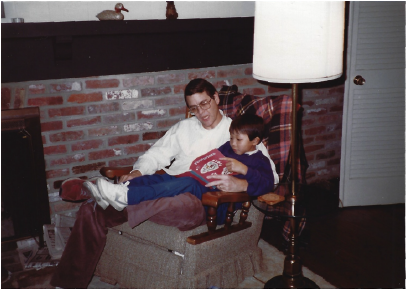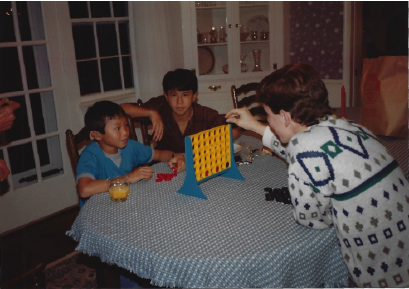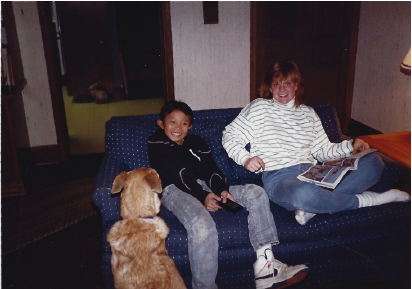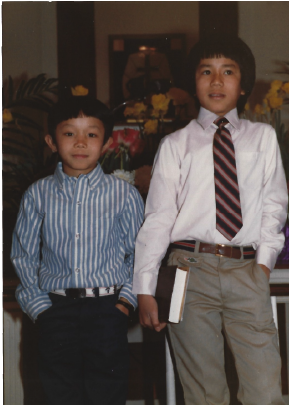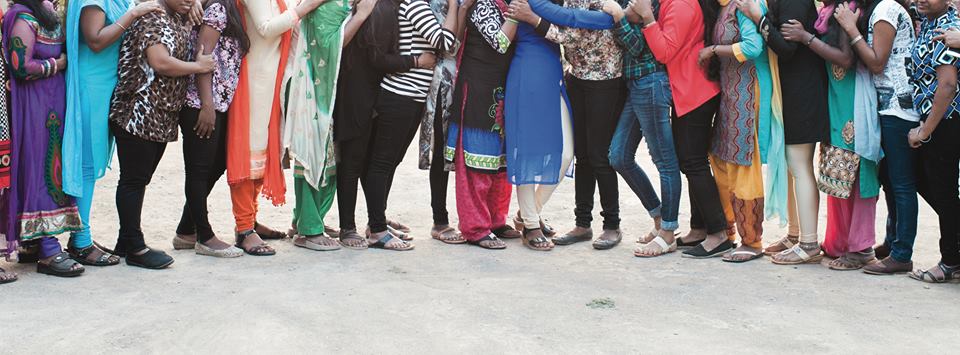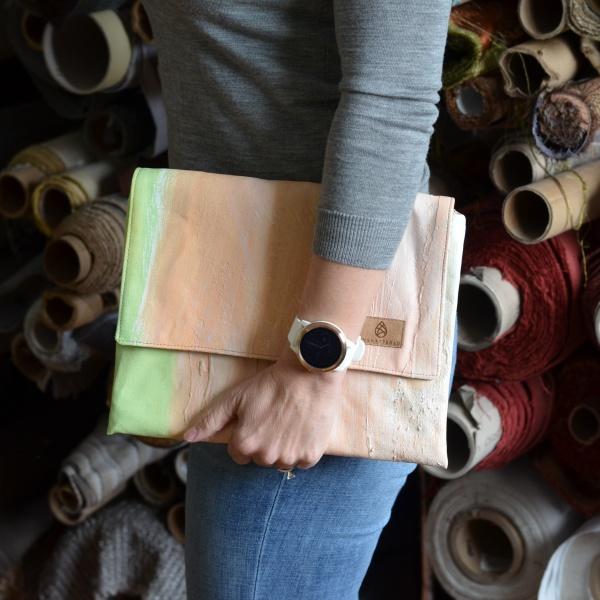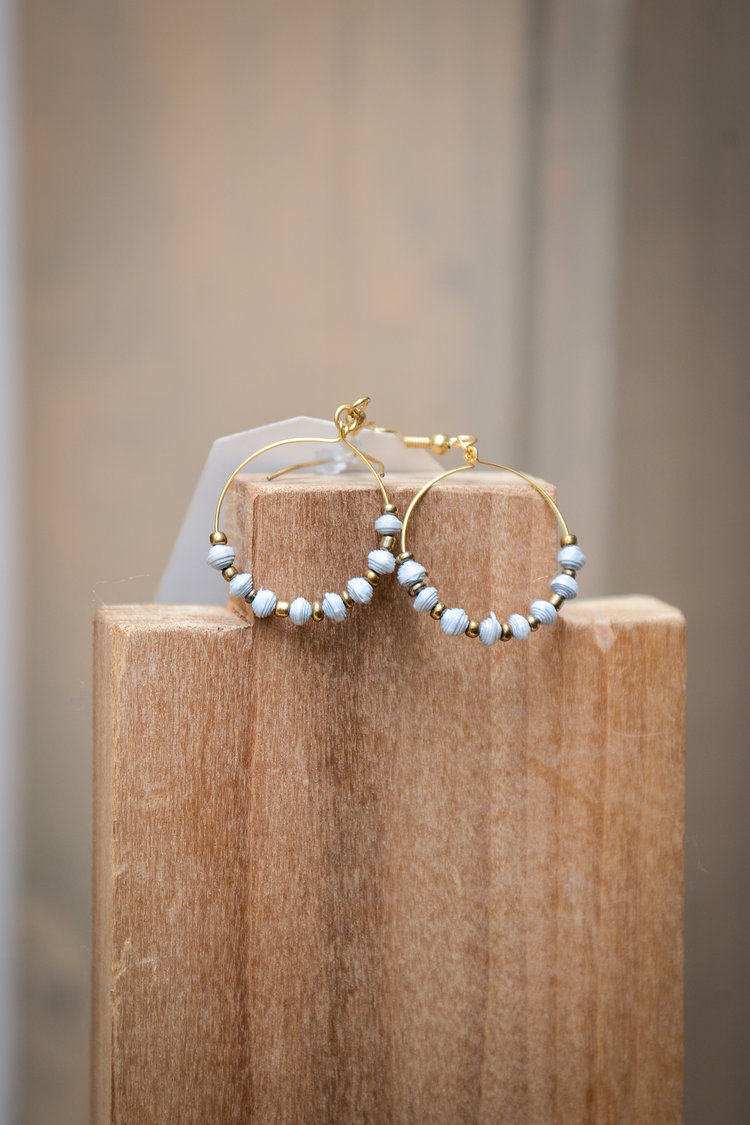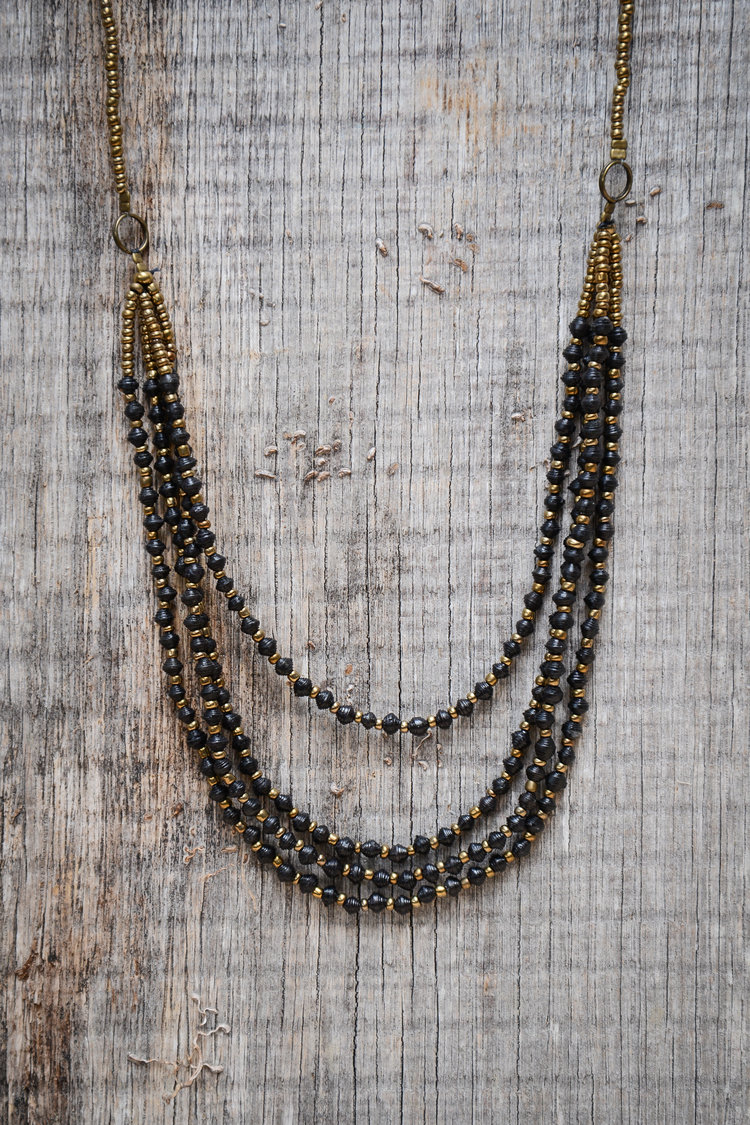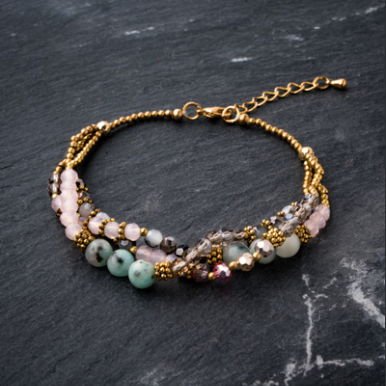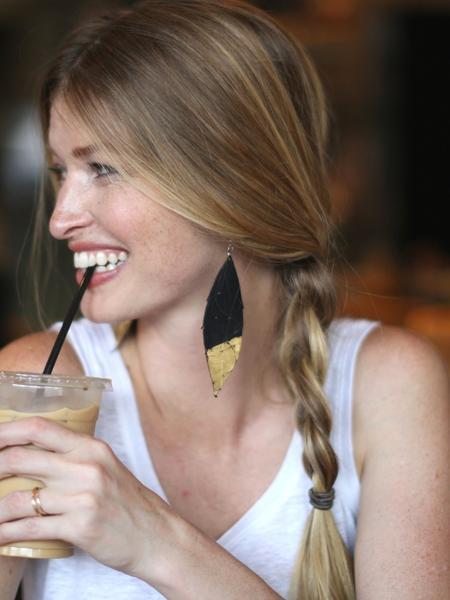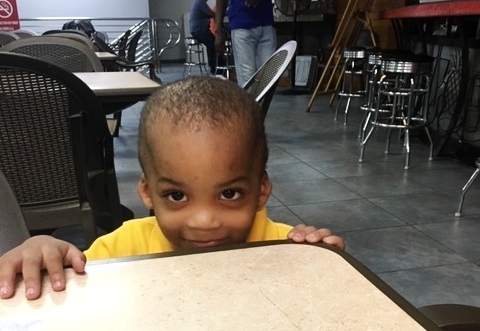I recently noticed something pretty intriguing about my grantmaking decisions.
With 4 kids, I often expressed gratitude that God was working when I was sleeping. So many of the decisions I made were done on my phone, at red lights (sorry…) on the sidelines of soccer practice, during gymnastics meets, and in doctor’s waiting rooms. It was a lot of just “going with my gut”, as they say. But I realize now that God was steering those decisions in a beautiful, personal way.
My grantmaking history tracks completely with my journey as a mother.
As my eldest started preschool I started making grants to pregnancy care centers and early childhood education. When one of the kids needed surgery for a childhood condition, I found organizations that provided health services to those in hard places (Cure International for instance). When our first kids started working as young teens and I saw how vulnerable they were, I found heroes who advocated for rights of children (International Justice Mission). This trend continued as they accessed great schools and we started offering scholarships not only for their particular school but for college degrees in developing countries (The Bridge Scholarship). Finally, when they graduated from those schools I realized that the majority of the world does not have the access to employment that our children did. Enter impact investing to grow companies with great owners in the same developing economies. Now there would be more job opportunities.
I am so grateful that the Lord used my own lived experience to inform my grantmaking. As our children grow, we parents become literal experts of the context of their development. “What should my child be doing at this age?” “What does he/she need to thrive?” In my grantmaking travels I had seen the glaring absence of these supports in millions of childrens’ lives and I thought they absolutely deserved the same essential support that my well resourced kids were receiving. Regular nutritious food, health care, access to learn about Jesus, stable homes, education, employment and, by God’s grace, all our grants pointed to the provision of those things.
And then we adopted. For the first time I was the mother to children who had experienced the lack of those blessings. This deepened my commitment and led us to so many new partners. As I came to terms that children have to be abandoned to save their lives in China I found groups that were committed to keeping families together (Love without Boundaries). As we worked with traumatized youth I now had a new sense of patience and compassion for them. When we dealt with disabilities in any of our kids, God showed me services provided in the most unlikely places (Healing with Horses). There was a new passion for the value of human life and its fragility and vulnerability.
These days, meetings with grant partners often lead to tears as I can relate more and more personally to the issues that they are working to solve. I guess age and experience do that to us. The complexity of the services and care they are providing is now a first hand experience for me. It’s pushed me further and further away from measuring impact. I can look at my own thriving, educated, healthy kids living lives of faith and know that the struggle to meet the needs of vulnerable children is worth the battle and it does make an impact.
I think more than anything, noticing this experience has built my trust that the Lord will continue to lead me in the things He has for our foundation to do. He’s led me clearly this far! I’m certain the same opportunity exists for all of us who listen for His voice and are charged with this responsibility of stewarding foundation resources.
